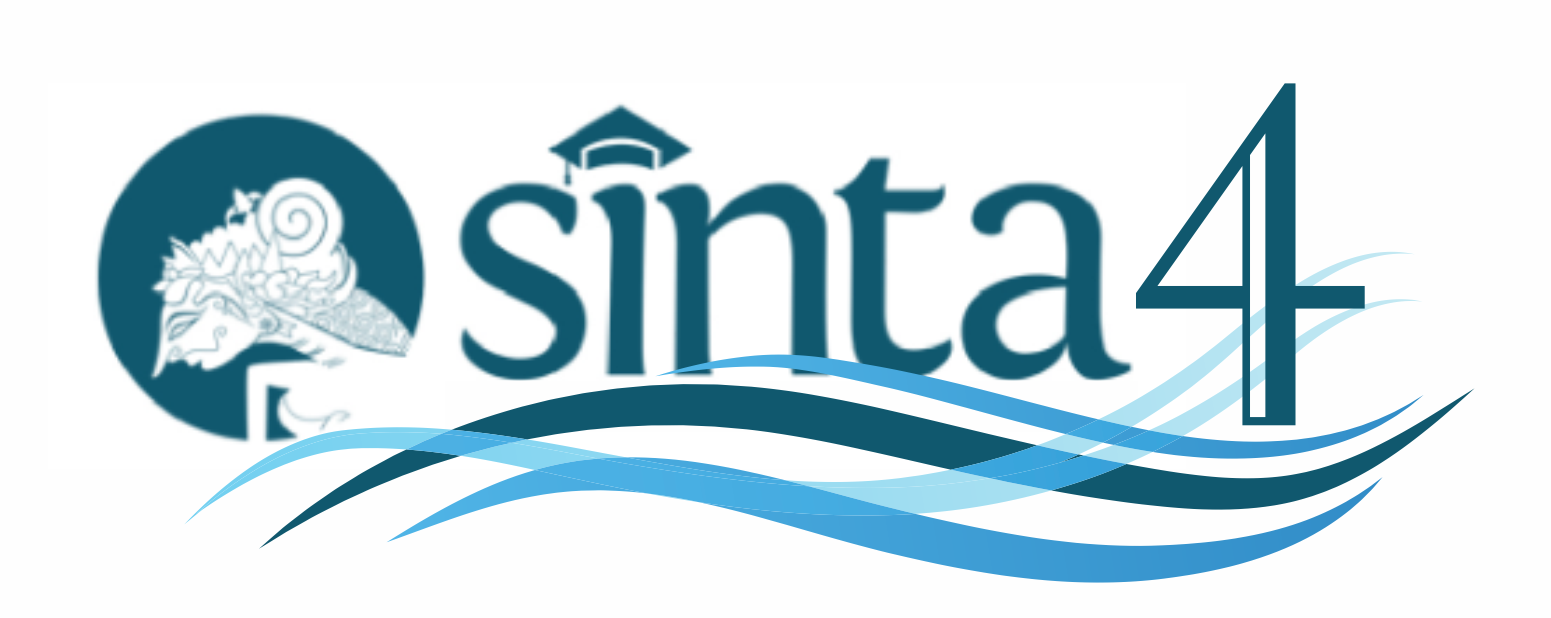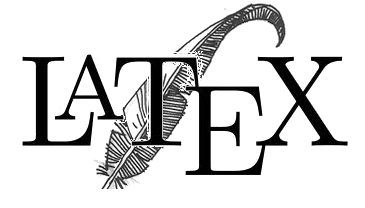Focus and Scope
Focus and Scope
Focus
- Technology Application
- Product Design and Development
- Applied Technology (TTG)
- Technopreneur
- Information Technology and Information Systems
Section Policies
Articles
Peer Review Process
Every article that goes to the editorial staff will be selected through Initial Review processes by Editorial Board. After that, the articles will be returned to the authors for revision. Then, the articles will be sent to at least 2 (two) peer reviewers and will go to the next selection by the Double-Blind Peer Review Process. Reviewers do not know the identity of the authors, and authors do not know the identity of reviewers either. After that, the articles will be returned to the authors for revision. These processes take a month (four weeks) for maximum time. In each manuscript, peer reviewers will be rated on the substantial and technical aspects. Peer reviewer that collaborates with JPM is the experts in the informatics area and issues around it. The reviewing process will consider novelty, objectives, method, scientific impact, conclusion, and reference They were experienced in the prestigious journal management and publication that was spread around the nation and abroad.
Open Access Policy
This journal provides immediate open access to its content on the principle that making research freely available to the public supports a greater global exchange of knowledge.
Archiving
This journal utilizes the LOCKSS system to create a distributed archiving system among participating libraries and permits those libraries to create permanent archives of the journal for purposes of preservation and restoration. More...


1.png)



